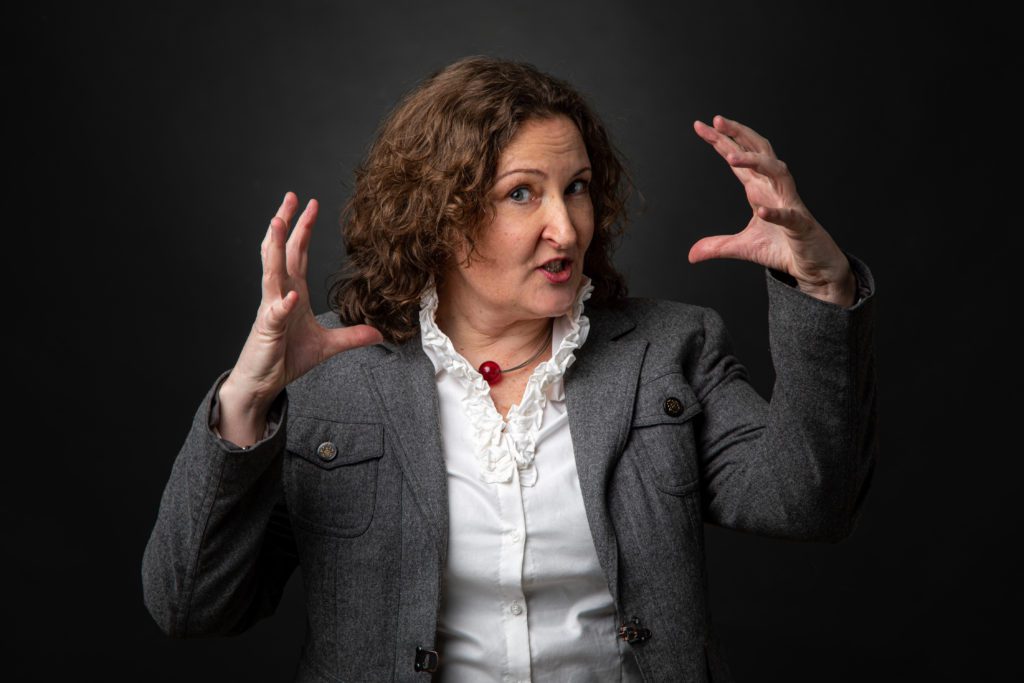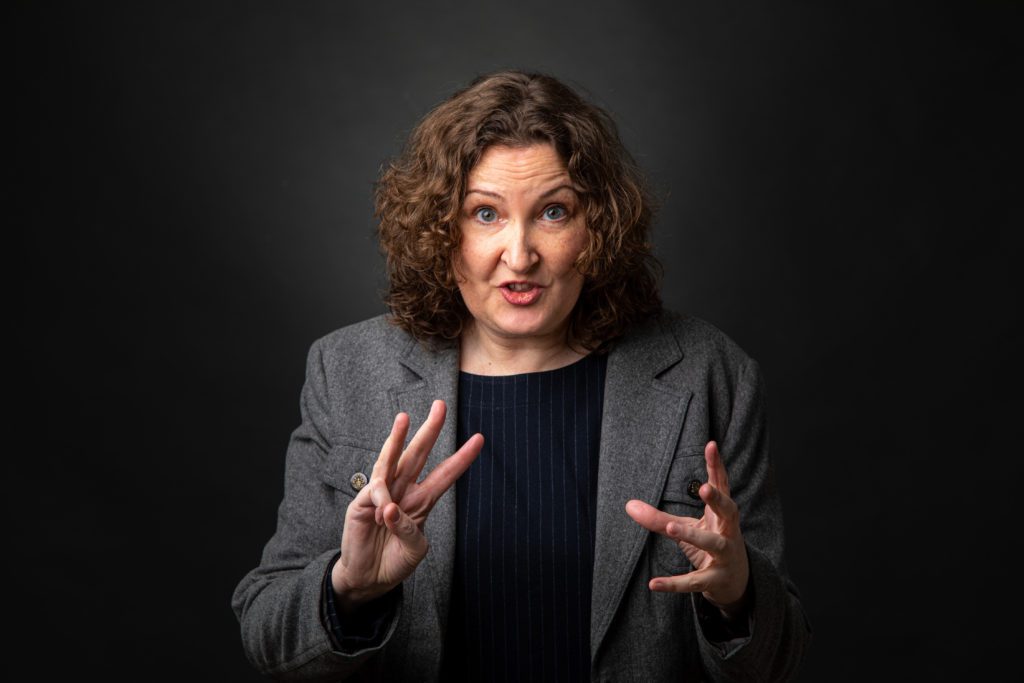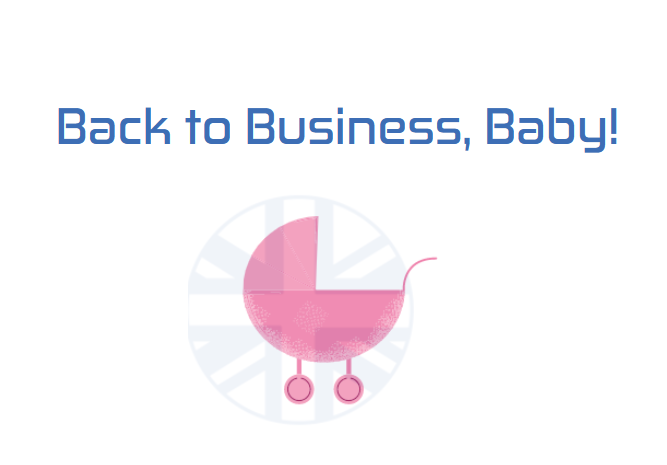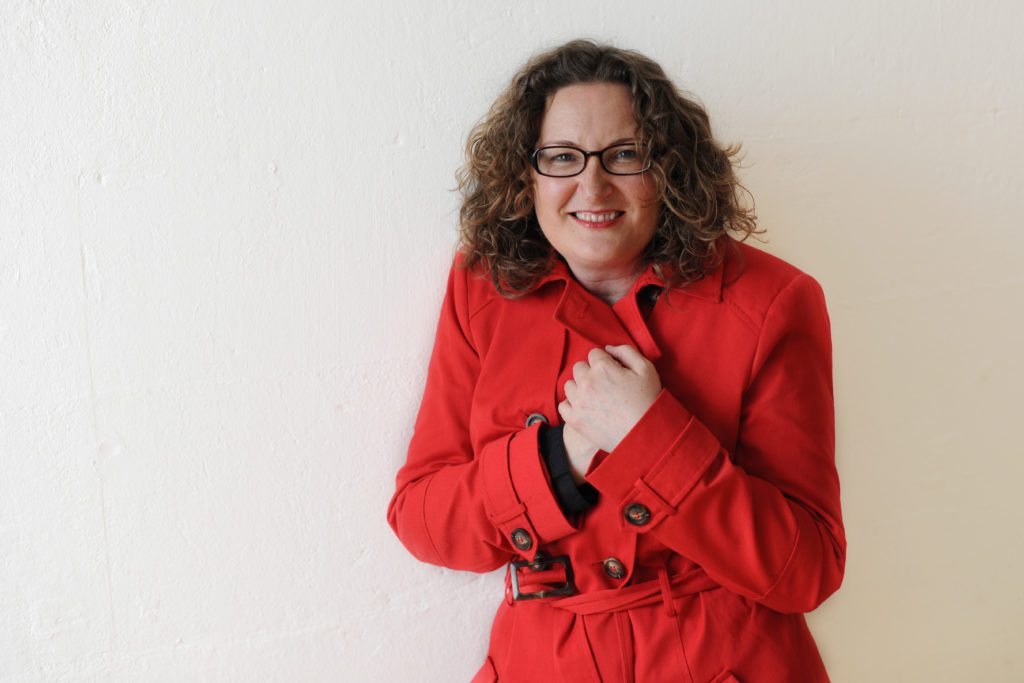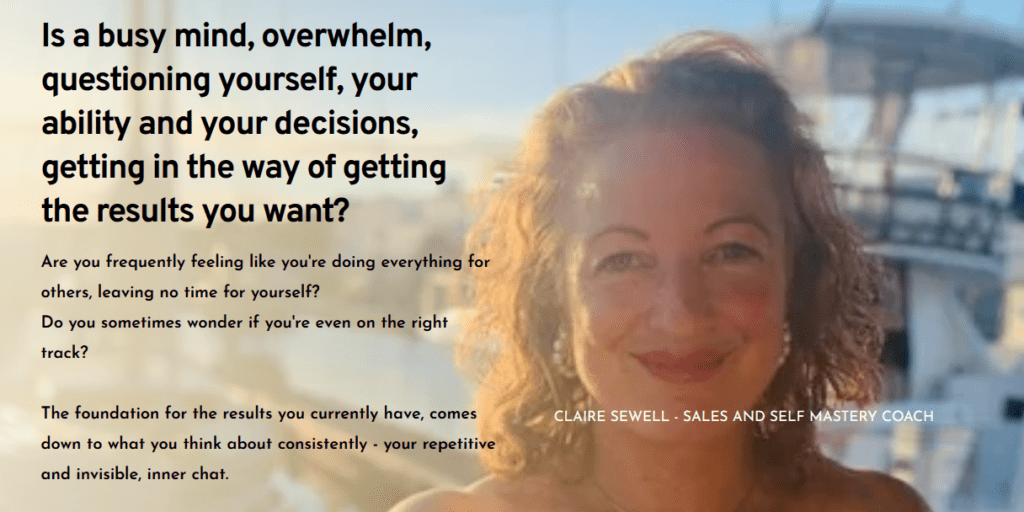Corinne: That’s true. I had a good – no, she was amazing – client in Bavaria, Susie, and she was basically in a situation where there was a job opening internally and everyone was expecting her to apply. They were saying things like:
“Susie, that’s your job. It’s got your name on it!”
“You’ve applied, haven’t you?”
“Hey, Susie! Excellent! You’re going to be the new Key Account Manager!”.
They just assumed that she would get it and they assumed that she had already applied.
And then after about five people have come up to her she reached out to me and asked me to basically give her a crash-course in English, saying “Oh, Corinne, can you help me with this?”. Now, this is a real fire fighting job. No time to hide behind the keyboard, you have to get on the phone and get things working smoothly again right now. She literally never knew what was coming up next and Susie was basically doing everything in her power to solve problems, optimise processes, keep her clients coming back for more products. Every conversation, in English of course, because she had suppliers all over the world, could put her on the spot.
Now, Susie is quite modest, she would never say this but she is killing it in this job. That’s obvious from the conversations that we’ve had and from the opportunities that she’s getting but more importantly the trust that her bosses are putting in her to just run with it. From being a “Sprach-Depp” as she put it or a disaster zone with languages, she’s now working internationally.
She hardly needs me anymore. She has it all under control. She was clearly good at what she was doing before but see herself as an international Key Account Manager, yet everyone else did, you see? She’s become the English-speaking expert.
The voices in her head were keeping her small even though she is so reliable, so knowledgeable and so organized.




